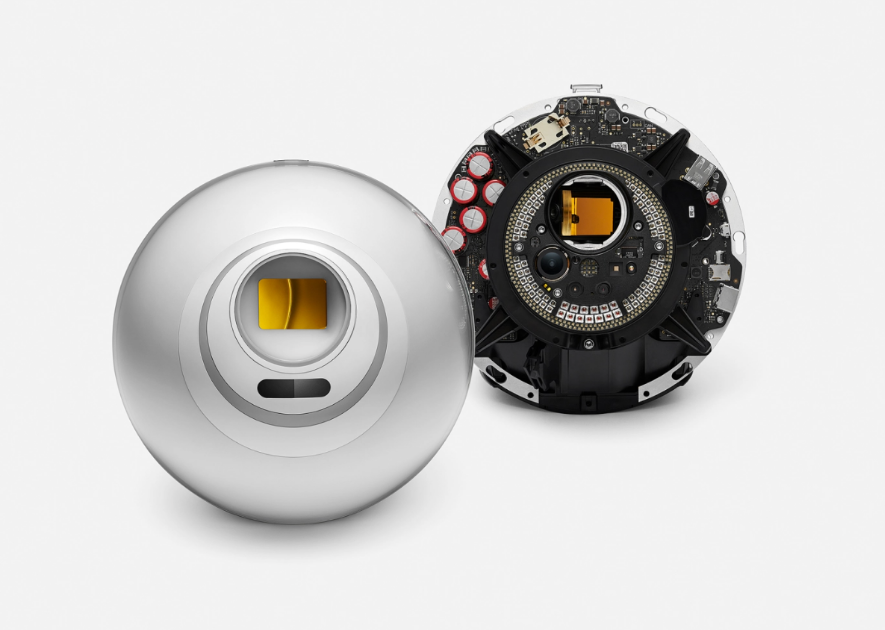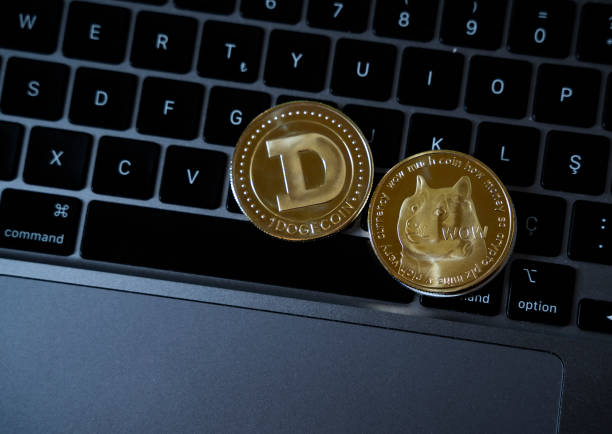Worldcoin, the brainchild of ChatGPT founder Sam Altman, is being examined by European regulators because of concerns about the legality of its biometric data collection tactics. The French privacy authority, CNIL, has expressed worries about the project, claiming that gathering and storing biometric data is questionable.
Furthermore, CNIL is not comfortable about the conditions under which such sensitive information is handled. The British data regulator has also launched inquiries into the project.
Worldcoin: Rapid Adoption And Initial Launch Success
Since its launch on June 24, the project has required users to provide iris scans in exchange for a digital ID and, in some countries, free cryptocurrency. The project’s website boasts about signing up 2.1 million individuals, with most registrations occurring during a two-year trial period.
To complete the registration process, individuals must have their faces scanned using a spherical “orb” available at different locations worldwide. This is part of its global identity initiative, which establishes “proof of personhood” for its users.
The Worldcoin Foundation, a Cayman Islands-based entity, describes itself as the “steward of the Worldcoin protocol.” The foundation contends that it is designed to prioritize individual privacy and has a robust privacy program to adhere to regulatory requirements.
However, European regulators, especially CNIL and the Bavarian state authority in Germany, are only partially convinced by Worldcoin’s data collection methods.
CNIL’s investigation has revealed that the German authority holds jurisdiction over the project, and the two watchdogs are collaborating to address the issues related to biometric data collection practices.
As of Saturday, the market cap of cryptocurrencies reached $1.14 trillion. Chart: TradingView.com
Orb Deployment: Scanning Biometric Iris Data Across The Globe
Employing a distinctive method, Worldcoin utilizes orbs designed to scan individuals’ eyes and gather biometric iris data. In return for undergoing this scanning process, participants are granted a unique Worldcoin ID along with 25 Worldcoin tokens.
Although the project has garnered substantial attention and claims rapid user adoption rates, lingering concerns regarding data privacy and security persist.
Despite its popularity, Worldcoin has faced criticism from prominent figures in the cryptocurrency space. Among them is Ethereum co-founder Vitalik Buterin, who has raised potential issues surrounding the accidental exposure of sensitive personal information through iris scans.

Source: KARSTEN MORAN FOR FORTUNE
The British Information Commissioner’s Office has also initiated an investigation due to the project’s requirement for a Data Protection Impact Assessment (DPIA) concerning its collection practices.
In response to privacy concerns, Worldcoin said it is committed to complying with data protection laws, such as General Data Protection Regulation (GDPR), and the UK Data Protection Act.
While the project has attracted attention and experienced a surge in network activity, the slow adoption rate in specific regions and privacy concerns have raised doubts about its future success.
Meanwhile, amid the mixed reactions within the crypto community, Worldcoin remains focused on expanding its presence in crypto-friendly jurisdictions and increasing the number of its retinal scanning devices.
Featured image from Tools for Humanity
Credit: Source link















































